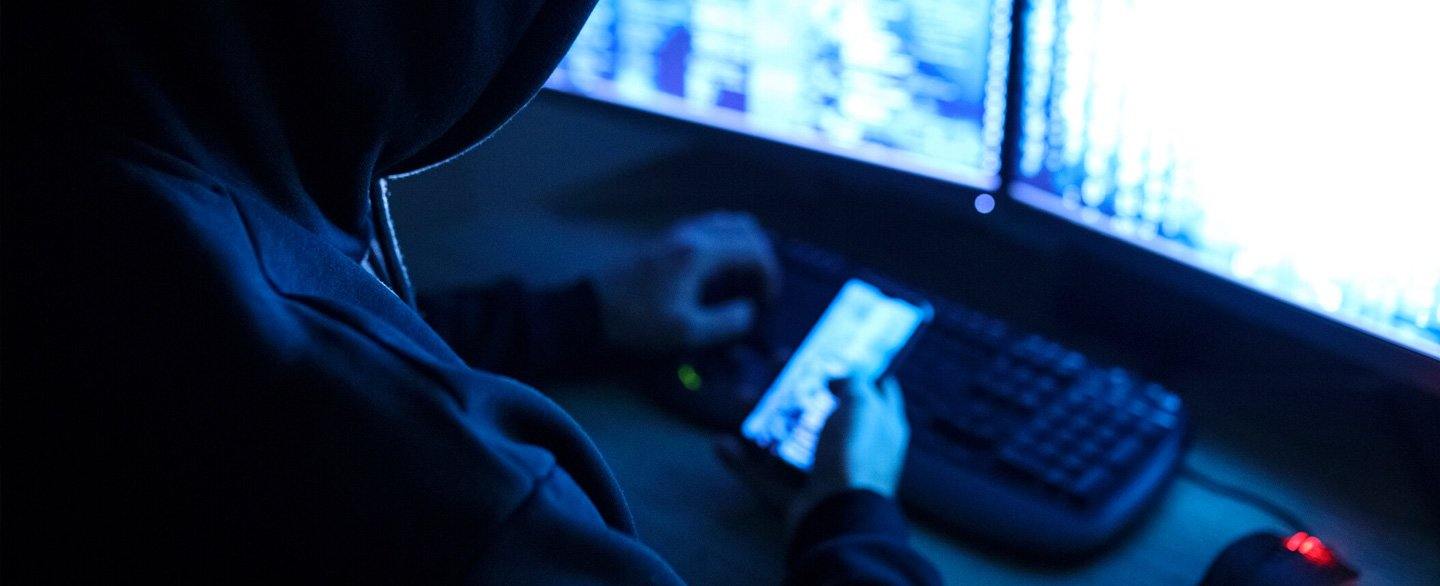Cyberattacks can be life altering experiences and are happening at alarming rates in the United States. Here are some ways cyberattacks can affect you:
- Accessing your personal computers, mobile phones, gaming systems and other internet and Bluetooth connected devices.
- Damaging your financial security, including identity theft.
- Blocking your access or deleting your personal information and accounts.
- Targeting children and adults.
- Complicating your employment, business services, transportation, and power grid.
- Gaining access to your personal social media accounts
- Accessing your banking information
- Changing passwords on your internet accounts making them inaccessible.
There are many ways you can protect yourself from cyberattacks, including making sure your anti-virus is up to date and setting up two step authentications. Here are some other ways you can protect yourself:
- Limit the personal information you share online. Change privacy settings and do not use location features.
- Keep software applications and operating systems up to date.
- Using a password manager, use upper and lowercase letters, numbers and special characters, as well as two-factor authentication (two methods of verification).
- Watch for suspicious activity that asks you to do something right away, offers something that sounds too good to be true or needs your personal information. Think before you click, and when in doubt, do NOT click. Do not provide personal information.
- Use encrypted (secure) Internet communications.
- Protect your home and/or business on a strong, secure Internet connection and Wi-Fi network.
- Use a stronger authentication such as a personal identification number (PIN) or password that only you would know. Consider using a separate device that can receive a code or uses a biometric scan (e.g. fingerprint scanner or facial recognition).
- Check your account statements and credit reports regularly.
- Only share personal information on secure sites (e.g. “https://”). Do not use sites with invalid certificates. Use a Virtual Private Network (VPN) that creates a more secure connection.
- Use antivirus solutions, malware, and firewalls to block threats.
- Regularly back up your files in an encrypted file or encrypted file storage device.
- Protect your home network by changing the administrative and Wi-Fi passwords regularly. When configuring your router, use either the instruction manual or speak to your internet-cable provider, to setup the Wi-Fi Protected Access 2 (WPA2) Advanced Encryption Standard (AES) setting, which is the strongest encryption option.
- Make sure you have a backup communication plan between your friends and family. Don't rely on social media friends and followers.

- Regarding COVID-19:
- Be cautious about sharing personal financial information, such as your bank account number, social security number, or credit card number.
- Do not click on links in texts or emails from people you don’t know. Scammers can create fake links to websites. Visit government websites, like cdc.gov/coronavirus, directly in your internet browser.
- Know that the government will not text or call you about “mandatory online COVID-19 tests,” outbreaks “in your area,” mandatory vaccinations, or to sell you COVID-19 cures.
- Remember that the government will not call or text you about owing money or receiving economic impact payments.
- Be aware that scammers may try to contact you via social media. The government will not contact you through social media about owing money or receiving payments.
- If you have been exposed to COVID-19, a contact tracer from your local health department might call you to let you know and ask you to self-quarantine at home away from others. Discussions with health department staff are confidential. They will not ask for financial information.
- Keep in mind that scammers may try to take advantage of financial fears by calling with work-from-home opportunities, debt consolidation offers, and student loan repayment plans.
What do you do during a cyberattack?

- Check your credit statement for unrecognizable charges.
- Check your credit reports to be aware of open accounts and/or loans you did not open.
- Be alert for soliciting emails and social media users asking for private information.
- If you notice strange activity, (e.g. inappropriate pop-up windows), limit the damage by immediately changing all of your internet account passwords.
- Consider turning off the device. Take it to a professional to scan for potential viruses and fix. If you take your device to a store or local business, contact them in advance. Many companies have new guidelines to protect employees and individuals during the COVID-19 pandemic.
- Let work, school or other system owners know.
- Contact banks, credit card companies and other financial services companies where you hold accounts. You may need to place holds on accounts that have been attacked. Close any unauthorized credit or charge accounts. Report that someone may be using your identity.
- Check to make sure the software on all of your systems is up to date.
- Run a security scan on your computer/device to make sure your system is not infected or acting more slowly or inefficiently.
- If you find a problem, disconnect your device from the Internet and perform a full system restore.
After a cyberattack, make sure you change all your passwords, set up two-step authentications, and make the account log out of all accounts. This is very important, as they may still be logged in and able to make changes to your account.


0 comments